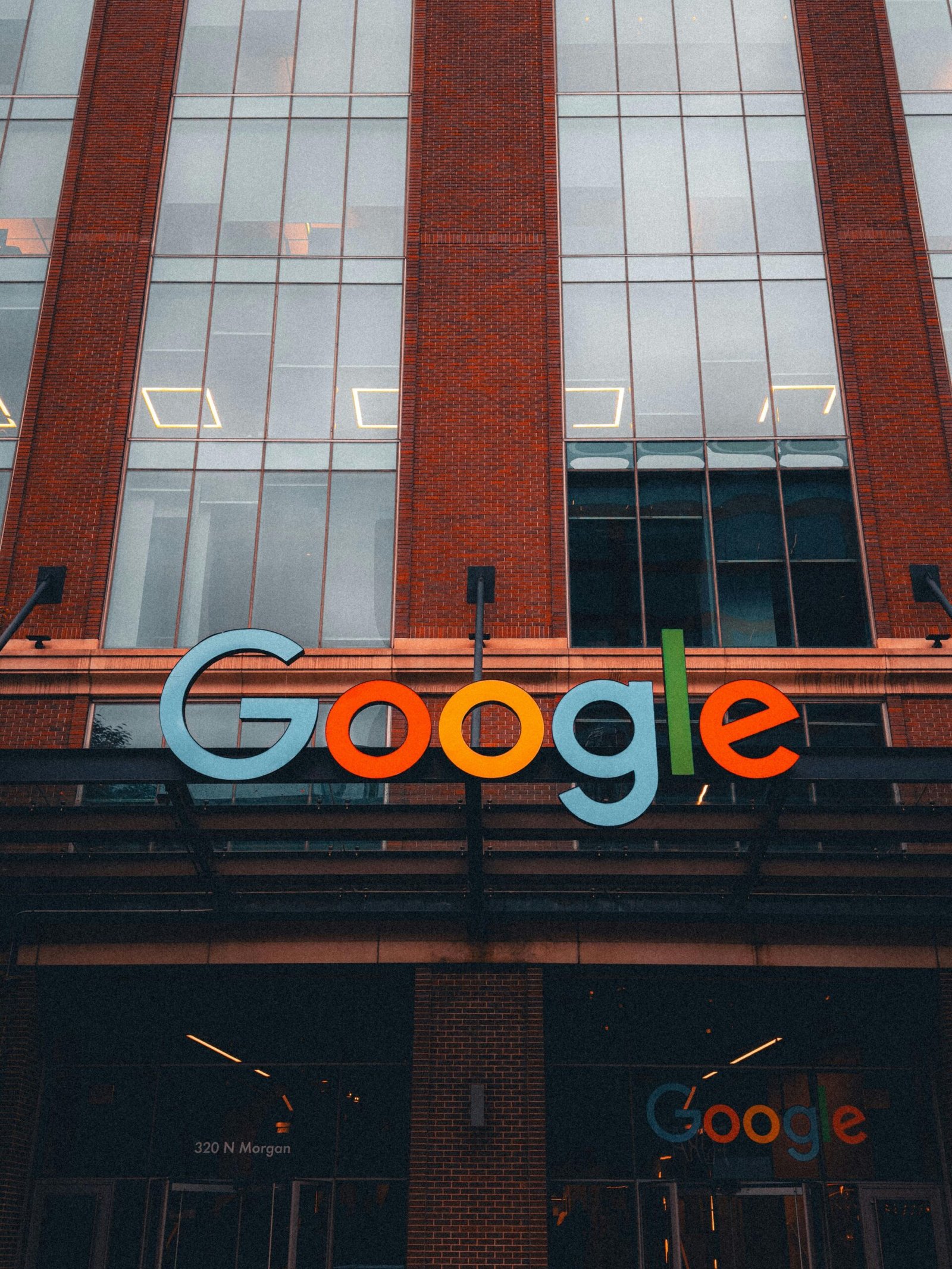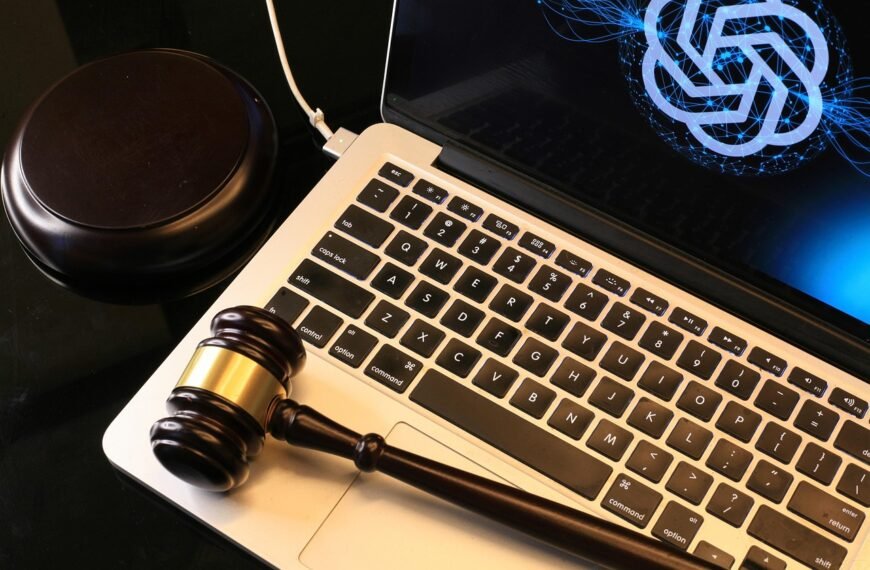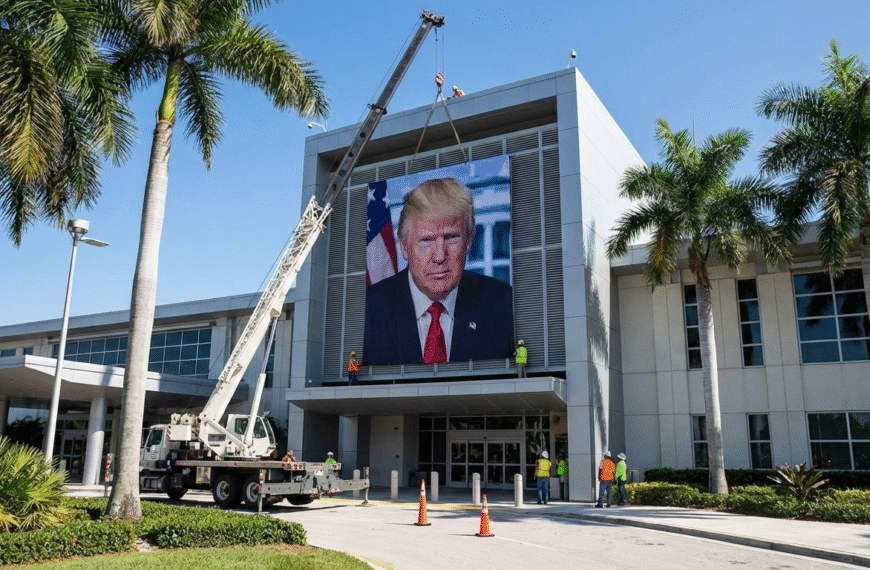In a bold move, Google has released a policy proposal addressing the U.S. government’s call for a national AI strategy. The tech giant is pushing for relaxed copyright rules and balanced export controls, aiming to boost innovation while protecting national security. This proposal comes as the U.S. seeks to strengthen its position in the global AI race, but it has sparked debates over intellectual property (IP) rights and economic competitiveness.
Google’s proposal emphasizes the importance of “fair use” and “text-and-data mining exceptions” in AI development. The company argues that these exceptions are essential for training AI models using publicly available data, including copyrighted material. According to Google, such practices have minimal impact on rightsholders and avoid lengthy, unpredictable negotiations with data owners. However, this stance has drawn criticism, as Google faces lawsuits from data owners who claim the company used their content without proper compensation or notification. U.S. courts are yet to decide whether AI developers are protected under fair use laws.
Another key aspect of Google’s proposal is its call for balanced export controls. The company warns that current restrictions, aimed at limiting the availability of advanced AI chips to certain countries, could harm U.S. economic competitiveness. Google believes these rules disproportionately burden U.S. cloud service providers, unlike competitors like Microsoft, which has expressed confidence in complying with the regulations. The proposal suggests exemptions for trusted businesses needing large clusters of chips, ensuring that national security goals don’t stifle innovation.
Google also advocates for long-term investments in domestic AI research and development (R&D). The company urges the government to release datasets useful for commercial AI training and allocate funding for early-market R&D. It stresses the need for widespread access to computing resources and models for scientists and institutions, arguing that such steps are crucial for maintaining the U.S.’s leadership in AI innovation.
The proposal highlights the challenges posed by the U.S.’s fragmented regulatory landscape. With over 781 AI-related bills pending across states, Google calls for federal legislation to create a unified privacy and security framework. The company warns against imposing excessive obligations on AI developers, such as usage liability requirements. Google argues that developers often lack control over how their models are used and shouldn’t be held responsible for misuse. This stance contrasts with laws like California’s defeated SB 1047, which sought to define developer responsibilities and liability for AI-related harms.
Transparency is another contentious issue in Google’s proposal. The company criticizes disclosure requirements, such as those in the EU’s AI Act, as overly broad. Google argues that forcing developers to reveal trade secrets or detailed operational instructions could compromise national security and benefit competitors. Instead, the company suggests a balanced appGoogle AIroach to transparency that protects sensitive information while promoting accountability.
As the global AI landscape evolves, Google’s proposal reflects its vision for a regulatory environment that fosters innovation without stifling growth. By advocating for weaker copyright rules, balanced export controls, and federal AI legislation, the tech giant aims to position the U.S. as a leader in AI development. However, these recommendations have sparked debates over IP rights, national security, and the responsibilities of AI developers, making this a critical moment for shaping the future of AI policy.






















